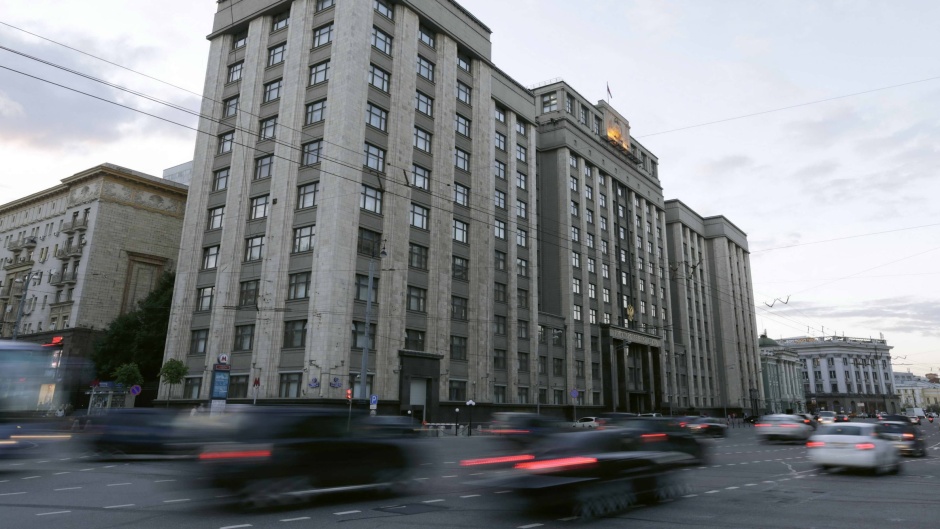In Russia, it is not only evangelicals who oppose a ban on house churches
In January, the state Duma will discuss a law that would end all religious activity in residential buildings. Orthodox Church, Catholic Church and Adventists also oppose an initiative that “creates ground for interfaith conflicts”.
MOSCOW · 17 DECEMBER 2024 · 12:52 CET

A new threat to religious minorities in Russia adds to the restrictions that citizens have been experiencing since the Yarovaya laws of 2016.
At the end of October, the Duma (national parliament) received a bill from New People, a small party that supports the government, which seeks to put an end to religious activities in houses and flat blocks.
Religious activities outside official places of worship could create “public disorder”, an “increased risk of crime” and inconvenience to residents, the proposed law says.
The national Parliament will debate the text in January 2025. If passed as a law, it would mean a ban on any spiritual gatherings in buildings that are not approved places of worship, and a ban on house churches or similar informal religious gatherings.
The Russian Orthodox Church, against
The initiative has been contested by virtually all denominations, including the powerful Russian Orthodox Church, which does not usually speak out critically against initiatives promoted by the parliamentary majority supported by Vladimir Putin.
“This Bill’s adoption will lead to the closure of Orthodox house churches”, said the head of the Moscow Patriarchate’s legal department. “The sacraments of communion, unction, and other religious rites performed by clergy in residential premises at the request of citizens, including those seriously ill or dying, will also be threatened with a ban”. For these reasons, the Church said in a statement, “the Bill needs revision”.
Evangelical Alliance calls for “reasonable solutions”
The secretary general of the Russian Evangelical Alliance (REA) has called for not passing laws that may bring more conflict. “Where religious and public organisations play a key role in maintaining the moral and ethical values of society, their activities should be supported by state bodies”, said Vitaly Vlasenko, a Baptist pastor serving as REA’s general secretary. He called for “joint work” to find “reasonable solutions protecting the rights of believers and taking into account the interests of all citizens”.
In an interview with Idea magazine in Germany, the Vlasenko later expressed: “For Russian Protestants”, the Bill may “look like a hidden form of restriction on religious freedom. I really hope that this is not the case”.
“Faith is where people live”
Concerns have also been expressed by the Roman Catholic Church in Russia, which despite having officially recognised worship places, also organises informal spiritual care in houses in regions where temples have been destroyed or confiscated.
Especially clear has also been the Adventist Church in Russia, which is “categorically against the Bill”, because it violates the constitution’s right to freedom of conscience.
“Religious faith is human life - faith is where people live”, said the Adventist representative Oleg Goncharov. “If we follow the logic of this law, then shops, clubs, restaurants, and offices should all be removed from residential buildings. In this difficult time for Russia, this Bill will only worsen the situation, creating ground for social and interfaith conflicts”.
Discussion in January
A Duma parliamentary committee will start looking at the details of the Bill in the first days of January 2025.
Several religious denominations have said they want to be part of the dialogue around the parliamentary initiative.
One more year
Learn all about our #OneMoreYearEF campaign here (English).
Published in: Evangelical Focus - europe - In Russia, it is not only evangelicals who oppose a ban on house churches
